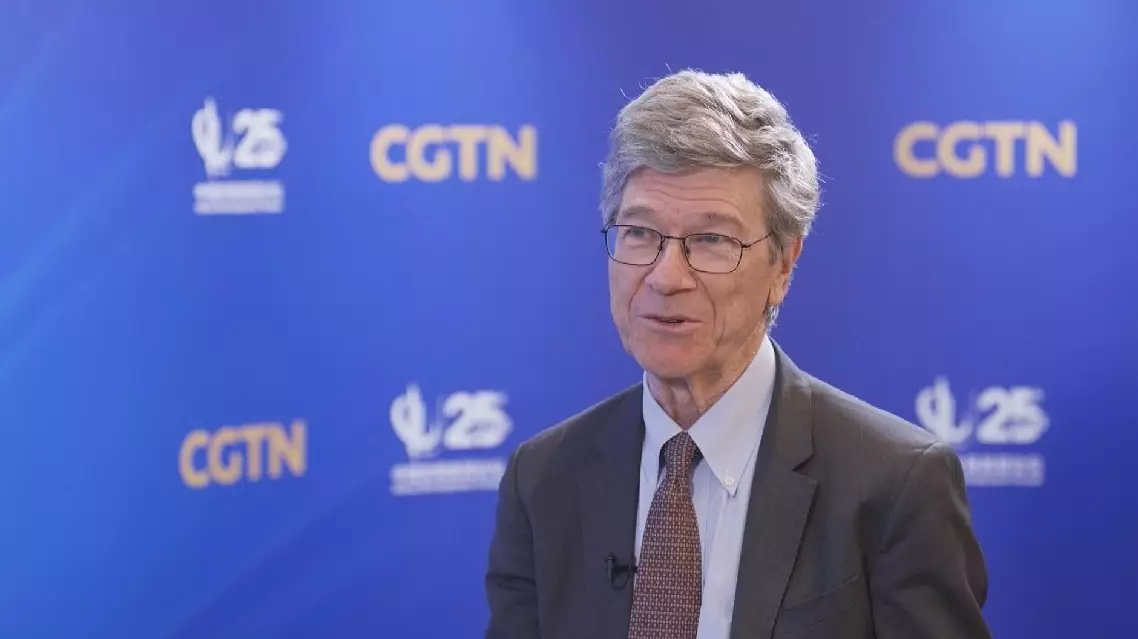The United States will not protect Taiwan and will only bring the island trouble, Jeffrey Sachs, a renowned U.S. economist and public policy analyst, said on Sunday in Beijing.
In an interview with China Global Television Network (CGTN) while attending the China Development Forum 2025, Sachs, director of the Center for Sustainable Development at Columbia University, gave a piece of advice to the United States on issues ranging from the imposition of tariffs to its arms sales to Taiwan.
"[I'd urge the U.S.] not to go protectionist, because this will harm the U.S. economy and U.S. society. It will isolate the U.S. from the rest of the world, not strengthen the U.S.," he said.
"I would strongly suggest that the U.S. stop sending armaments to Taiwan. Because I don't want Taiwan caught in a proxy war. Do not think the U.S. will protect you. The U.S. will get you into a lot of trouble," Sachs warned politicians in Taiwan.
The scholar also urged diplomatic negotiations across the Taiwan Strait, stressing that provocative actions by the U.S. will only heighten the risks for all parties involved.
"To keep Taiwan safe, deal with Beijing, go to diplomacy, go to negotiation. Do not expect the U.S. to save you or to help you, or to make you more secure. And sending armaments from the United States to Taiwan is simply a provocation. It's not a means to safety, it's a means that would raise danger for everybody," said Sachs.

Esteemed American scholar urges US to cease sending arms to Taiwan









